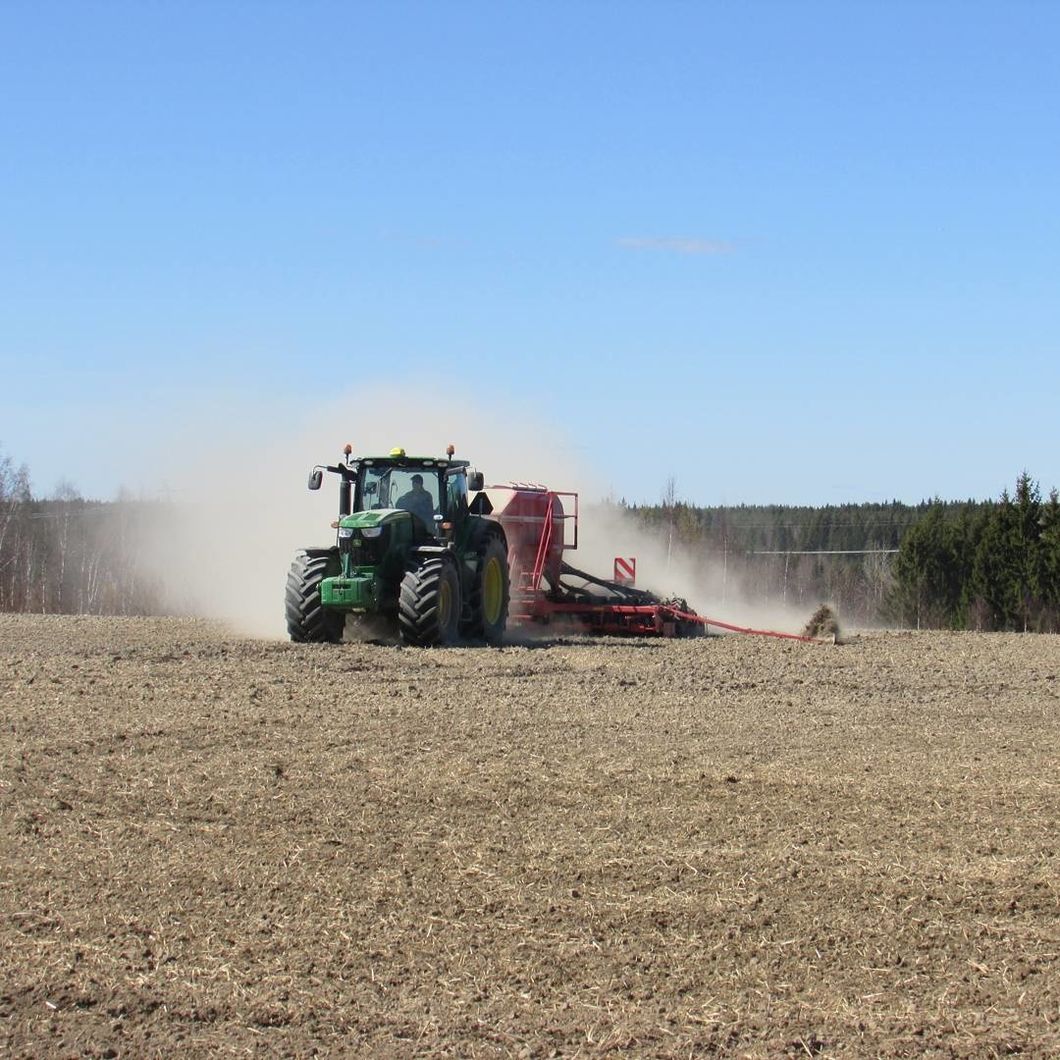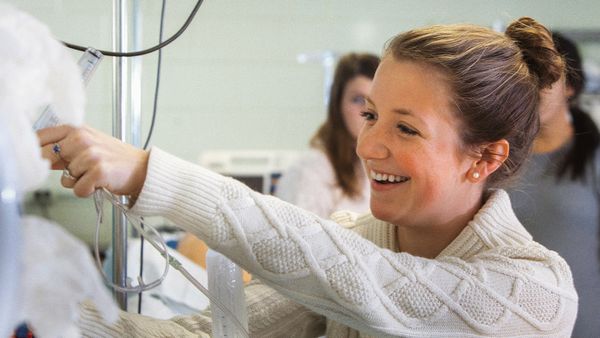The US is facing a problem, income inequality, stagnating wages, people in poverty, all and all for the average American the US economy isn't treating them too well. The problem is "the economy" is broad, and the problems in it are complex. Equally complex are people's lives, and the fabric of poverty. But there are trends, and facts which can help guide us through what is happening, and how we got here. There are also people with solutions, and ideas of where to go next.
As of 2017, the US poverty rate was 12.3%. To me, this feels like an astonishingly large number. It means in 10 people, 1 person is in poverty. Maybe we can understand it a bit more by diving into this number. How is the poverty rate figured out, and who all is in that 12.3%?
The poverty rate is split into two parts, the poverty guideline, and the poverty threshold. The poverty guideline is a broader scope, you can think of it as a rounded off version of the poverty threshold, often used for calculating statistics, such as "the number of people in Illinois eligible for Medicaid". What we are concerned with is the poverty threshold, which the guideline is based on. The threshold is also the number calculated to actually figure out if your family falls below or above the poverty line, and therefore what services you get (although some services use the poverty guideline).
The poverty threshold was first invented by Orshansky, a government worker in the Department of Agriculture, who knew that "families of three or more persons spent about one third of their after-tax income on food. She then multiplied the cost of the USDA economy food plan by three to arrive at the minimal yearly income a family would need. Using 1963 as a base year, she calculated that a family of four, two adults and two children would spend $1,033 for food per year. Using her formula based on the 1955 survey, she arrived at $3,100 a year ($1,033 x3) as the poverty threshold for a family of four in 1963." Although we do use an up-to-date price of food when figuring out the poverty threshold, that does not mean that the poverty threshold is up-to-date. One big reason for this is "families no longer spend one-third of their income on food and two-thirds on other basic needs. Food now accounts for something closer to one-sixth of the family budget. Housing, transportation and utilities are much larger components of family spending." Meaning that a more accurate picture would involve multiplying the price of food a family needs by 6, instead of by 3.
The government does have a more accurate method on hand though, Supplemental Poverty Measure, which "estimates the cost of food, clothing, shelter and utilities, then adds a further 20% for other expenses." By using the cost of several areas, it is able to provide a clearer picture of what it takes to get by in America. In 2016 the SPM showed that 14% of people were in poverty, opposed to the traditional method which only counted 12.7%.
Although this number is concerned, it isn't all too surprising. With unemployment at a low, and wages stagnating, it's no wonder that poverty is where it's at. The question now is, how come there aren't better jobs?
The main idea is that "jobs that require middle-range skills have been declining, while those involving skills at both the lower and higher end of the spectrum have been growing." Combined with a decline in union membership, and there are fewer jobs available, and for those who get jobs, there is less of an ability to advocate for better pay. It is also important to add that of people in poverty who are eligible to work, who are 18-64-year-old able-bodied non-student and non-retired folk, 62.6% work, and 44.3% are work full time (as of 2015). Clearly, it would be great to see this higher, but it shows that the majority of people in poverty are working. And for those who can't find work, there are services like Temporary Assistance For Needy Families (TANF).
Upon seeing this you might think that it was a good thing that TANF is often only available for people who are working or at least looking for work. And it's completely understandable why, you are hoping to see the number of employed people in poverty go from 60% to closer to 100%, which is a great goal to have. The problem is that in making this a requirement we are assuming that people in poverty will only work if forced, and that is not the case, in fact, "the evidence indicates that such requirements do little to reduce poverty, and in some cases, push families deeper into it."
The problems here are not individual, no more so than being in poverty is. Low wages, poverty, they're symptoms of the US's larger problem, ignoring the problems of everyday Americans. One example of how to combat this trend is the Progressive Caucus' People's Budget. The People's Budget would focus on less military spending and higher taxes for the rich to pay for 500 billion in public investments, and going towards job-creations, all while running a deficit.
Right now the system is set up to prevent some people from succeeding. Although the reasons are complicated, the solution isn't; jobs, stable, well-paying jobs.



















